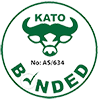Travel Tips
Baggage
Baggage space on safari is limited to one medium suitcase per person, plus hand baggage (private safaris where there are less than 7 persons in the vehicle are not subject to this limitation). Guests to ‘tree lodges” are asked to take overnight bags only owing to space constrain within the rooms, excess baggage and suitcases can be left at the base hotel. Hotels in Nairobi will normally store baggage at no extra cost. A baggage weight restriction of 15 kg per person applies on small aircrafts.
Currency
Hard currencies can be exchanged in cash or travellers cheques at banks all over the country, at forex bureaus in Nairobi and at most large hotels. US Dollars and Sterling Pounds are most acceptable and will cause the least delay. As a norm, always ask what commission and charges will be deducted first and prior to transaction. Banks are usually open from 9.00 am to 3.00 pm, Mondays through to Fridays and from 9.00 am and 11.00 am on Saturdays.
Credit cards
VISA, MASTERCARD and AMERICAN EXPRESS are widely accepted for tourist services. There's usually a 5% mark-up on top of the price as establishments are charged a fixed percentage of their transactions.
Health
Since rules concerning disease prevention change from time to time, a check should be made with the nearest Kenyan High Commission, Kenya Tourist Office or any airline flying scheduled services into Kenya. Malaria is endemic to most parts of Kenya and intending visitors should start taking anti-malarial tablets before departure and continue taking them for the prescribed time after their return. Insect repellent sprays and creams should be made use of after dusk and suitable cover up clothes should be worn in the evenings.
The sun
Your proximity to the Equator means that the African sun is very strong, and even in heavy cloud it is easy to burn. We strongly recommend plenty of sun-block, lip-block, a good cap or hat, and a good pair of sunglasses. Also as a result of exposure to sun and wind you would be advised to carry good eye drops with you.
Dietary requirements
With the abundance of fresh fruit and vegetables and some excellent cuts of meat, fish and poultry, cuisine in the bush is a grand affair. Food is cooked over open coals, fresh bread and pastries baked daily and a distinctly gourmet African touch is given to every serving and table presentation. We make a note of your likes / dislikes prior to your arrival in order to cater for all requests.
Drinking water
Drinking water from the tap is considered risky. Hotels and lodges usually provide safe water in a thermos flask in guest rooms. Bottled mineral water is available in every hotel and supermarket.
Security
Normal precautions as in any other destinations world-wide should be taken. Guests are advised not to leave cash and valuables in their hotel rooms but to make use of safe deposit boxes and safes. Reliable taxis are available at all the principal hotels. Taking photographs at airports, near military installations, of a policeman, the president, the national flag, the State House, state lodges, soldiers, prisons and prisoners etc., is prohibited.
Before photographing local people, permission should be obtained and if need be, a price agreed. Seek the assistance of your driver guide in this matter.
Voltage
Both mains electricity and generated supply in lodges provide 240 volts AC 50 cycles. Most large hotels and some game lodges provide shaving points with 110v 50 cycles. Sockets are normally three pin and of the 'square' variety.
Tipping and potterage
Although hotels and lodges include a service charge, it is customary to tip porters, waiters, taxi drivers and safari driver guides.
Language
Kiswahili is the lingua franca while English is the official language. In addition, most tribes have their own language.
Post and telephones
Keeping in touch by email and telephone is generally easy. Direct overseas dialing is possible from major centers and remote locations such as game lodges. Call home bureaus are in plenty in Nairobi as are the Cyber café for e-mail and Internet access.
Arrivals and departures
Kenya has two main ports of entry by air: Jomo Kenyatta International Airport, Nairobi. Located 16 km from the city center. Moi International Airport, Mombasa. Located 12 km from the city. Mombasa is the main port of entry by sea.
Airport departure tax
Though normally included in the price of the ticket when purchased, this will serve as a guideline : International Airport departure tax equivalent to US$ 20 per person is payable on departure from the International airports. A local airport service charge is also payable on departure for domestic flights. As this varies from country to country, please check with us on the prevailing amounts payable prior to your flight departure.
Opening and shopping hours
Major stores, tourist services, offices and museums open from 8.00 am to 5.00 PM in large towns though offices often break for lunch. In rural areas and out in the bush small shops can be open at almost any hour. Souvenirs to take back home can include wood and soap stone sculptures and carvings, ciondos (sisal baskets), beadwork and tribal regalia, masks, textiles and gemstones set in unique jewellery pieces.
Popular Destinations
 |
|
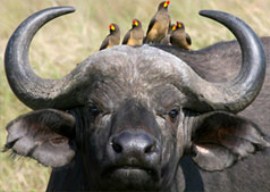 |
|
 |
|
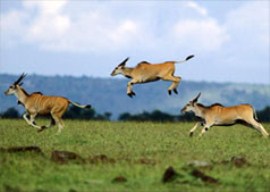 |
|
 |
|
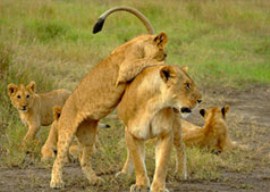 |
|
 |
|
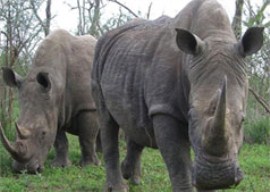 |
|
 |
|
 |
|
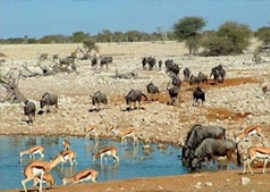 |
|
 |
|
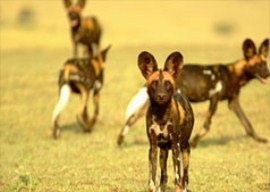 |
|
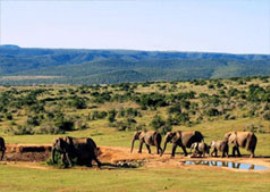 |
|
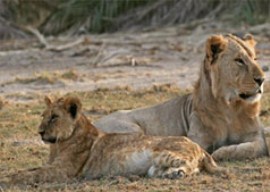 |
|
 |
|
 |
|
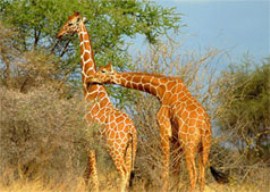 |
|
 |
|
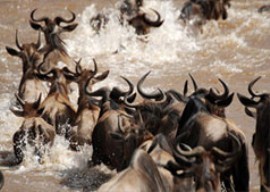 |

